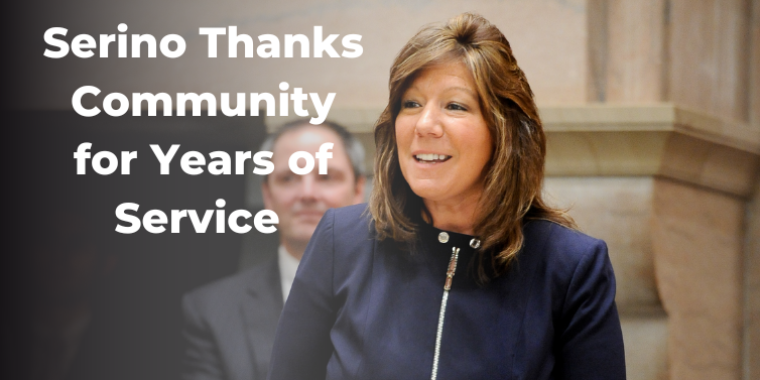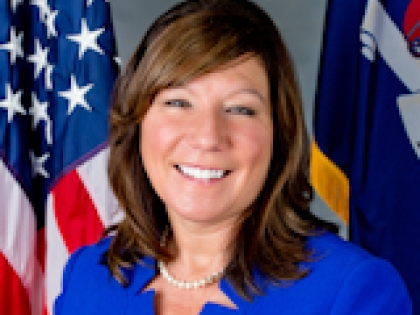
SERINO PROPOSES AMENDMENT TO REQUIRE COMPTROLLER AUDIT OF COVID CRISIS IN NURSING HOMES
March 24, 2021
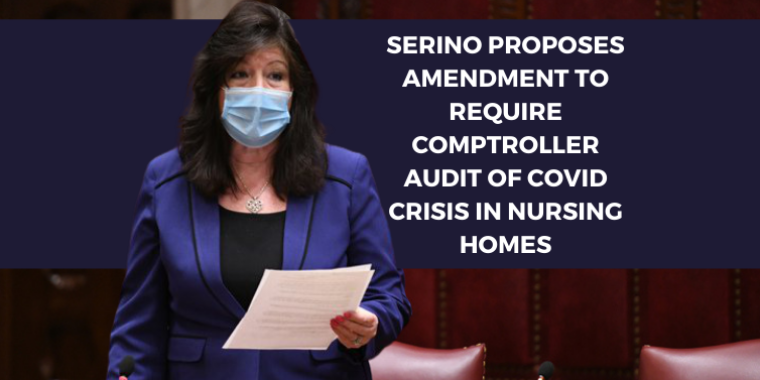
ALBANY, NY—With tomorrow marking the one-year anniversary of the notorious March 25th order that sent COVID positive patients directly into vulnerable nursing homes, Senator Sue Serino is advancing an effort to ask the New York State Comptroller to launch a thorough audit of the state’s policies regulating nursing homes.
While the Governor’s Administration contends that the state’s guidance had no impact on the rate of COVID infections in these homes, data suggests otherwise, and to date, the Legislature’s Supermajority has blocked all efforts to launch a full investigation into the state’s handling of the COVID crisis in these facilities. With State Budget negotiations underway and a number of nursing home ‘reform’ proposals being considered behind closed doors as part of the budget negotiation process, Serino argues that a full investigation is needed now more than ever.
“The same people who thought the March 25th order was a good idea are now in charge of negotiating a State Budget that will have a very real impact on the health and safety of those in nursing homes and residential healthcare facilities,” said Senator Serino. “To pass legislation—or to include policy proposals in the flurry of State Budget negotiations—without a full, independent review of the state’s response to the COVID crisis in our nursing homes defies logic. To date, we have no understanding of how or why certain decisions were made, and the Legislature’s Supermajority has blocked every attempt we put forward to get those answers. Today, when given yet another opportunity to do right by the thousands of grieving families who are desperate for answers, they again chose inaction. We will not stop pushing for the answers and accountability these residents, their loved ones and the dedicated staff who care for them deserve.”
Specifically, Serino’s amendment would require the Comptroller to conduct an audit of the department of health, as well as any other agency or the executive chamber, with respect to mitigating the impact of COVID-19 in nursing homes, adult care facilities, and assisted living residences. While the Comptroller’s audits often focus solely on financial resources, he also has the ability to ensure compliance with state laws and regulations. The scope of the proposed audit would include an evaluation of:
· state funding distribution for these facilities;
· current requirements and enforcement of infection prevention and control policies, including those implemented in response to the COVID-19 state disaster emergency;
· a regional analysis of the availability of qualified staff, with a focus on identifying geographical areas with shortages and how the state can increase the number of qualified direct care workers;
· patient care and health outcomes in state run nursing homes, adult care facilities, and assisted living residences;
· an accounting of resources following the outbreak of COVID-19, including, but not limited to, staff, personal protective equipment, testing capabilities and COVID-19 vaccines;
· the efficacy of step-down facilities, including the number of individuals treated and the locations of such facilities;
· the physical and mental health impact on residents of nursing homes, adult care facilities, and assisted living residences due to isolation and lack of visitation; and
· compliance with FOIL requests.
Serino brought the amendment to the floor as a bill was considered that seeks to reform the certificate of need process to better ensure quality care is provided in New York’s nursing homes. Despite the amendment’s clear germaneness to this bill, the amendment was rejected unanimously by the Legislature’s Supermajority.
“Here we are, almost a full year after the March 25th order caused such chaos, and we still cannot get basic questions answered about where resources were allocated, whether the state properly adhered to its own regulatory laws and infectious disease protocols, and what steps—if any— were even taken to try to keep COVID-positive patients out of vulnerable facilities,” said Senator Serino. “The list of unanswered questions goes on and on. It is not enough to pass—and continuously amend—bills to snag a headline. When it comes to improving long-term care in New York, we have to learn from the mistakes of the past to get this right, but we cannot do that without a full review. Anything less is disingenuous and does a disservice to the people of New York.”
A copy of Senator Serino's proposal is attached.
-30-
Share this Article or Press Release
Newsroom
Go to NewsroomASHBY ANNOUNCES COMMITTEE ASSIGNMENTS
January 20, 2023
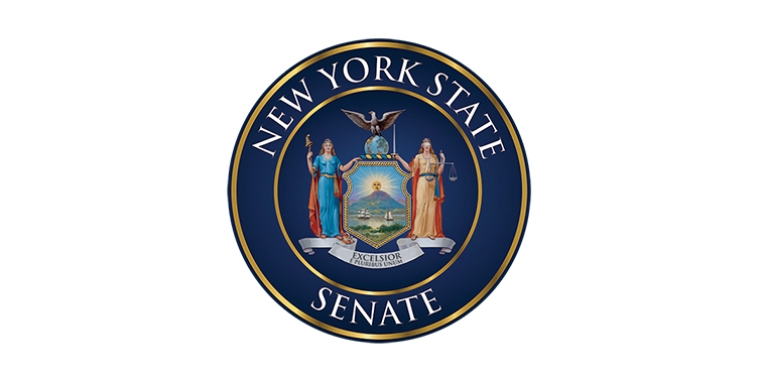
SERINO THANKS COMMUNITY FOR YEARS OF SERVICE
December 31, 2022
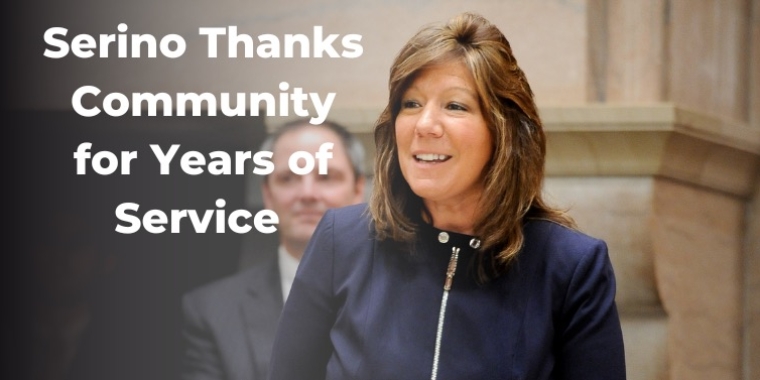
SERINO THANKS COMMUNITY FOR YEARS OF SERVICE
December 29, 2022
